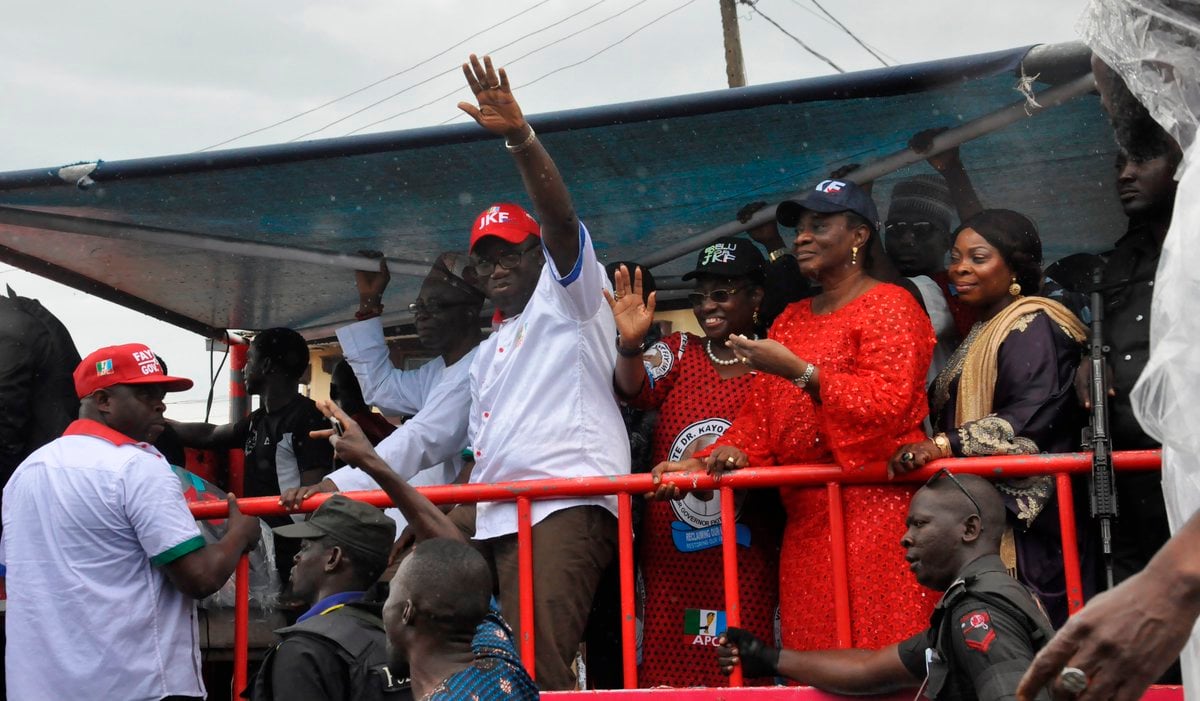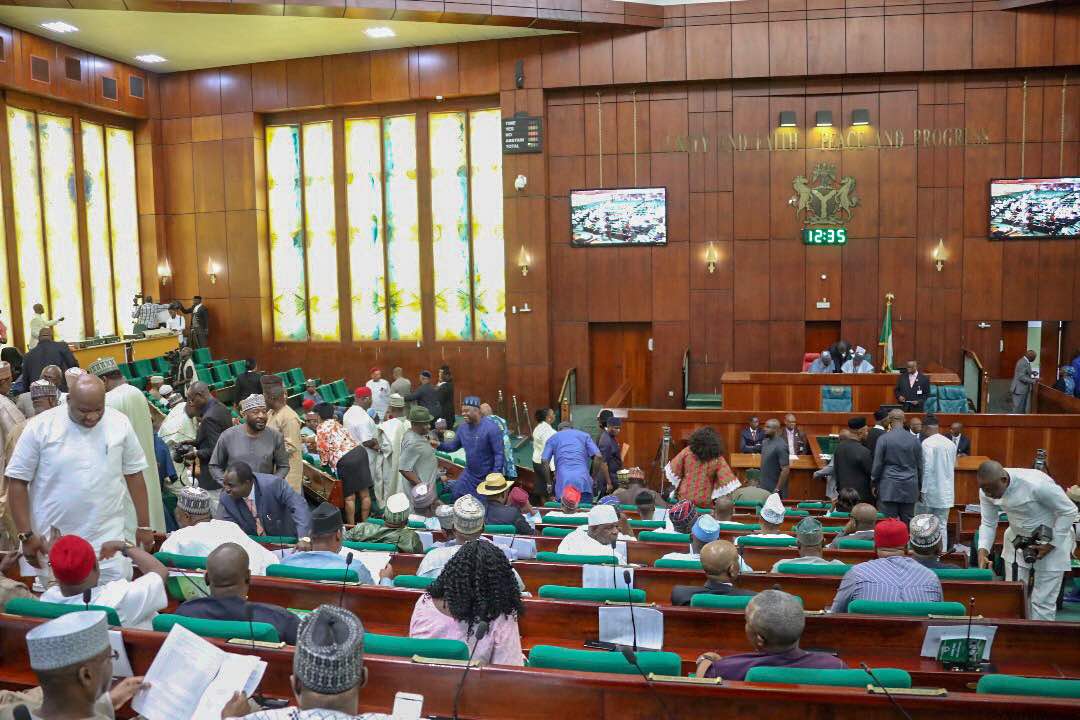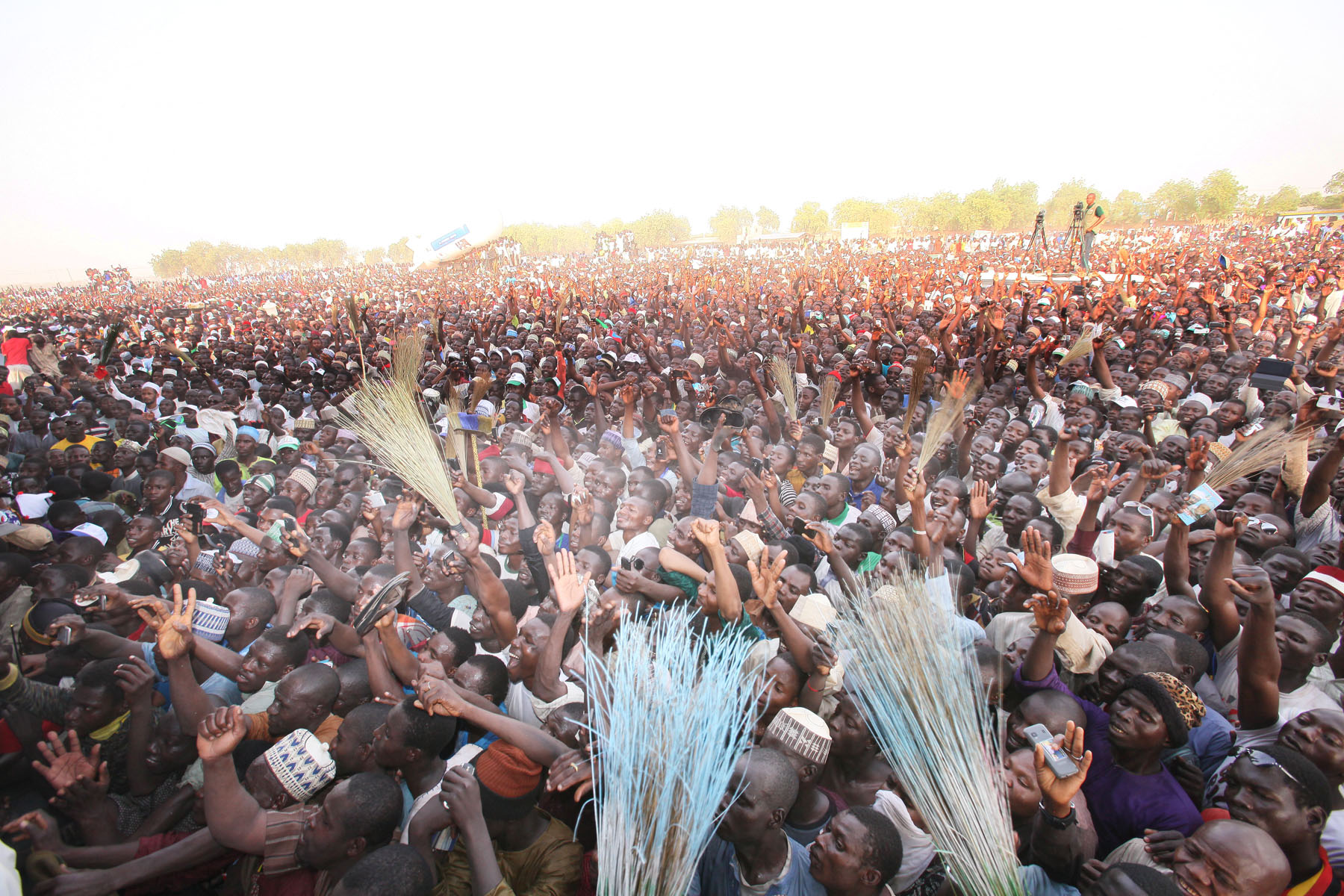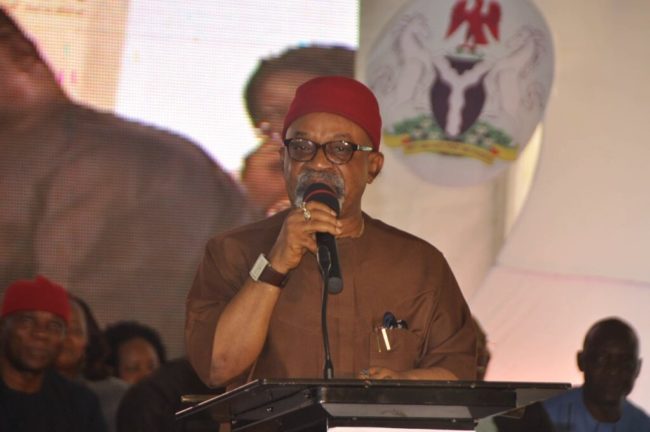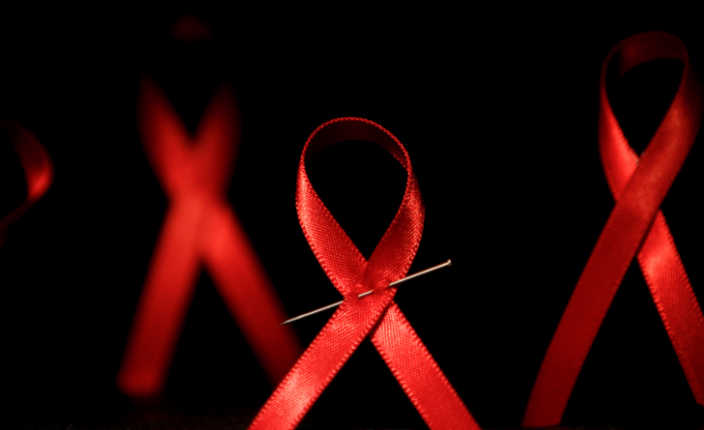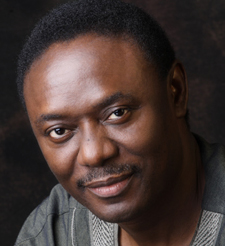It is curious, even though not out of character, that discussions about the recently concluded governorship election in Ekiti State mainly centre on the winners and the losers.
Of course, as it is with us, those who win an election, irrespective of how they accomplished it, would assail us with empty triumphalism while the losers are programmed to whine about how they had been cheated even if their loss is a glaring testimony of being outwitted at their own sport. Winners of elections in Nigeria do not understand the noble import of humility and magnanimity in victory while the losers are almost always bereft of gallantry. The default attitude of either side in electoral contests in Nigeria is the tragic harbinger of several other destructive tendencies of our democratic journey.
The most unfortunate of these is that the bitterness that attends the electioneering does not give way to governance after elections. Since people hardly willingly concede defeat and those who win take all that is possible to themselves alone, petitions go on in courts almost perpetually and the unity that politicians need to move their country forward eludes the country almost for the entire duration of the tenure of those elected.
Even when court cases do not disturb them, those in government are busy appropriating all that is possible to their parties and themselves, so those who elected them only get the remnants. This is why politicians will do anything to win elections!
Advertisement
Those who have the control of the machinery of state will unleash an army of occupation on the same electorate they hope to govern. The underdogs will also deploy the resources at their own disposal and nothing, no propaganda, no matter how ludicrous, is out of place when playing on the minds of the electorate is concerned. For years on end, the Nigerian electorate have remained the pawn in the selfish and irresponsible game of politicians. Of course, election observers talk about the awkwardness of the methods deployed to win elections in Nigeria for the first few weeks after every election, but there has been no sustained interrogation of the process and any attempt to discourage politicians and the electorate from perpetuating and condoning some of these methods.
Take last Saturday’s event in Ekiti State. Governor AyodeleFayose, the incumbent, is arguably the most vilified politician for his bold flaunt of the politics of patronage for power in Nigeria. In 2014, when Fayose snatched the seat from Kayode Fayemi, in an unprecedented win, his victory in all the 16 local governments in the state was hinged on the purchase of the conscience of the Ekiti electorate with raw cash and even food. This was the origin of the widely known abnormality called “stomach infrastructure”. Even though Fayemi, without doubt, a more temperate and sophisticated man, conceded defeat, his party and supporters did not stop haranguing Fayose for introducing “stomach infrastructure” into Nigeria political lexicon. But what did we have in the July 14, 2018 election? The same people who claim to be incorruptible and above the political mercantile philosophy of Fayose are said to have bought votes for as much as N20,000 for one ballot! They who claim to have lofty dreams for the people of Ekiti did not only join Fayose in the same game they described as unacceptable, they went on to beat him at it as a representative of the APC in Ekiti, Senator Ayo Arise, unwittingly confessed on Sunrise Daily on Channels Television, Tuesday morning.
And that politicians do this to the good people of Ekiti State makes the heart sink. Every man and woman of Yoruba descent would have at one time or the other heard about the innate distinguished if not proud nature of the average Ekiti man. Possibly a result of their early and wide embrace of western education, Yoruba people regard the Ekiti subset as those who would not give up their conscience for a mess of pottage. But see what the Fayoses and Fayemis of this world have done to them. That just a few decades down the line, a people who would rather starve than dignify the pig are now the same who grovel before the pig and pander to its every wish, is the evidence of how fast Nigeria is sliding.
Advertisement
Nigeria is sliding because if the people of Ekiti would consider selling the future for as little as N4,000, how much less other people who do not have the legendary steel of the Ekiti people? In any case, have cases of vote selling and buying not been a recurring eyesore in our body politic popping up recklessly in Ondo, Anambra and Edo states in the past couple of years?
Yet, it has not always been so in Nigeria. There was indeed a time in the First and Second Republics that, by the personal testimony of the late Chief Josiah Sunday Olawoyin, one of the most consistent allies of the late Chief Obafemi Awolowo, in a conversation with some youths including yours truly before his transition, one upon a time, indigenes of Kwara State across the country would by themselves contribute monies sometimes, to sponsor candidates and subsequently to transport every eligible voter in their state of residence back home to vote for a candidate that they believed in. They did not rely on anyone for a refund. All they cared about was the execution of their civic duties and the election of anyone who had the prospect of providing good governance.
But that enthusiasm gradually became history as government continued to take advantage of the people. The failure of the people so elected to live up to their promises gradually destroyed the confidence of the citizenry in the electoral process and gave way to distrust. That inability to believe the promises of politicians created a desire for immediate gratification in the electorate, they subsequently began to demand benefits upfront and the politicians, desperate to get into office and dip their hands into the public funds, obliged them and have continued to oblige without hesitation.
A sad corollary of the mutual conspiracy to circumvent the democratic right of the people is the increasing poverty that the compromise has brought on the people. From the mismanagement of resources by those who call themselves governors, although they are mostly mere administrators of resources from the centre, hunger, unemployment and insecurity have become common place without any visible solution. It is the reason why 11 million children of school age are roaming the streets; why First Class graduates would prefer to employ their intellect at defrauding and killing people for rituals, and why an estimated 35,000 Nigerian doctors of the72,000 registered with the Medical and Dental Council of Nigeria practise abroad. A 2010 World Bank data revealed that Nigeria had one doctor to 2,531 people, a far cry from the one doctor to 600 people recommended by the World Health Organisation. That has clearly become worse now with about one doctor to 6,000 patients. In August 2017, the President of the National Association of Resident Doctors, Dr. Abimbola Olajide, revealed that no fewer than 2,500 doctors would leave the country for any of the United Kingdom (which is believed to register 12 new Nigerian doctors weekly), the United States of America, Canada, Australia and the United Arab Emirates being the choice land of refuge.
Advertisement
Would Nigeria one day be free from this shameful national loss of conscience as it concerns democracy? Maybe, maybe not. If it would ever happen however, leaders of this country must know that true democracy and hopeless poverty are mutually exclusive. The relative ability of people to exercise their democratic discretion judiciously is tied to a measure of control of their economic circumstances in the now and in the future. Some of those civil servants who mortgage their conscience at the polling booths still possibly have unemployed graduate children under their care and possibly another one or two undergoing some level of education, yet the father and mother have not earned salaries for several months as is the situation in many states in the country! What we see during elections are the manifestations of degraded humanity and dreams that have turned into nightmares within the twinkling of an eye that is a four-year tenure.
It is a vicious circle of trust, abuse of trust and distrust to which everyone has devised a means of survival. It is impossible to expect the loyalty of the couple cited above and that of their children to the country. And in this circumstance, true democracy cannot grow. That is the Nigerian situation and it is a tragedy that we do not see it.
Twitter: @niranadedokun
Advertisement
Add a comment

